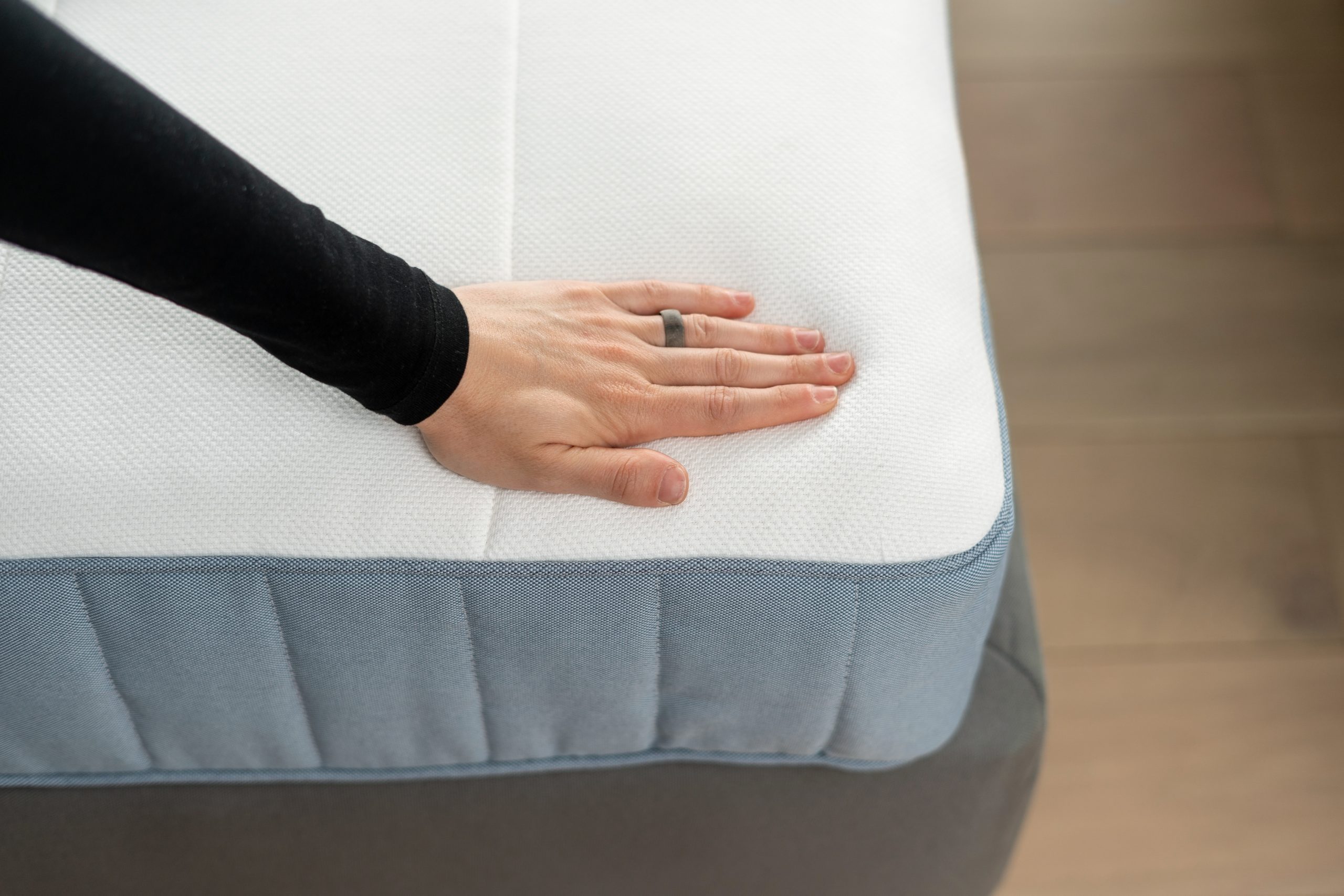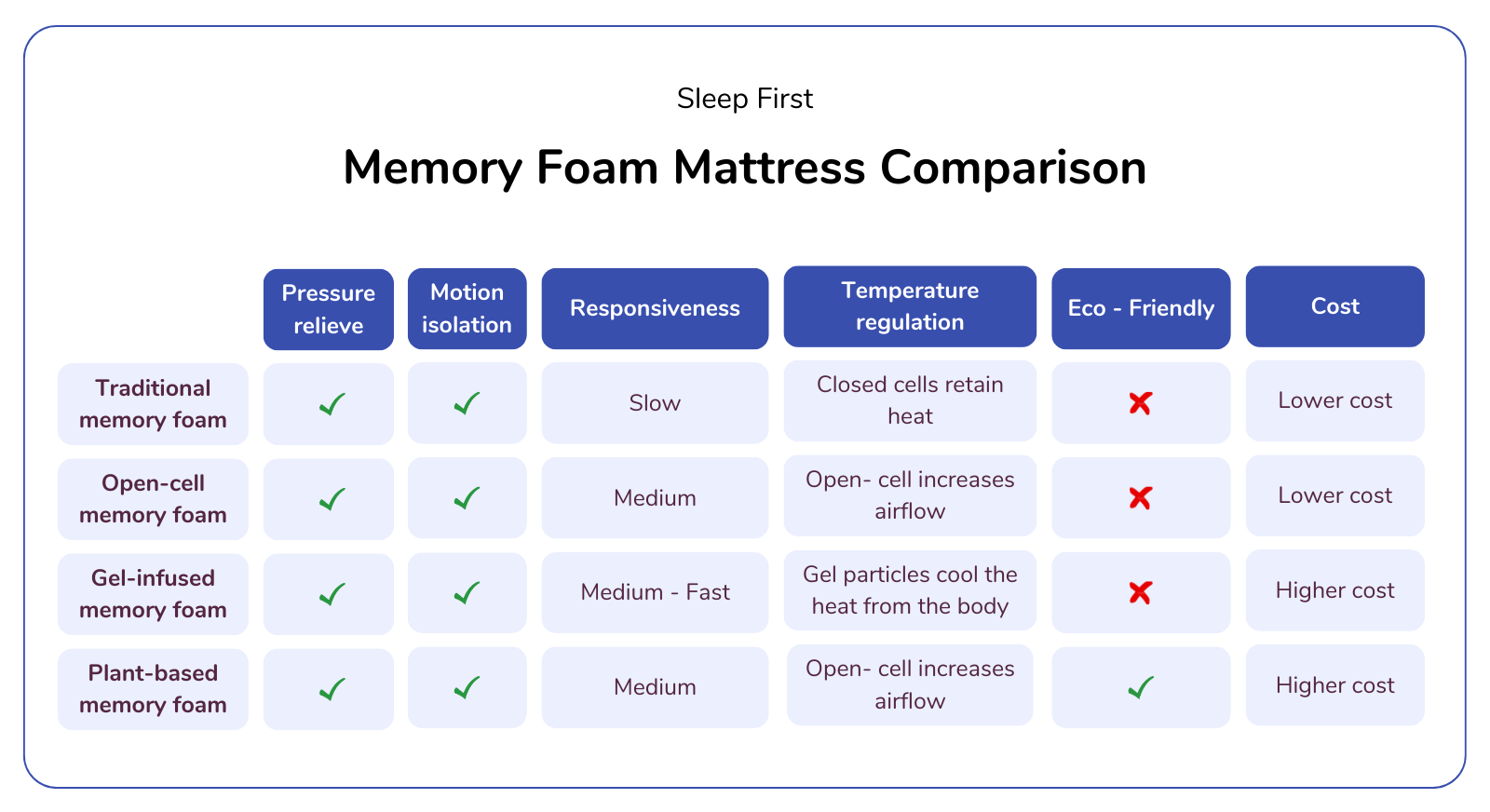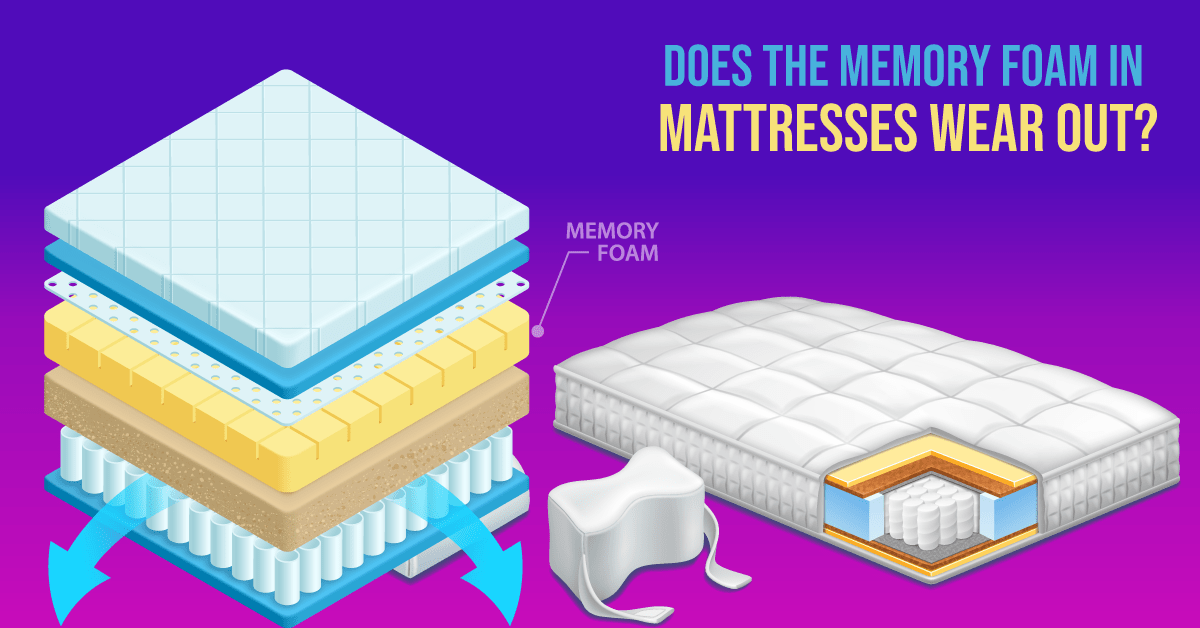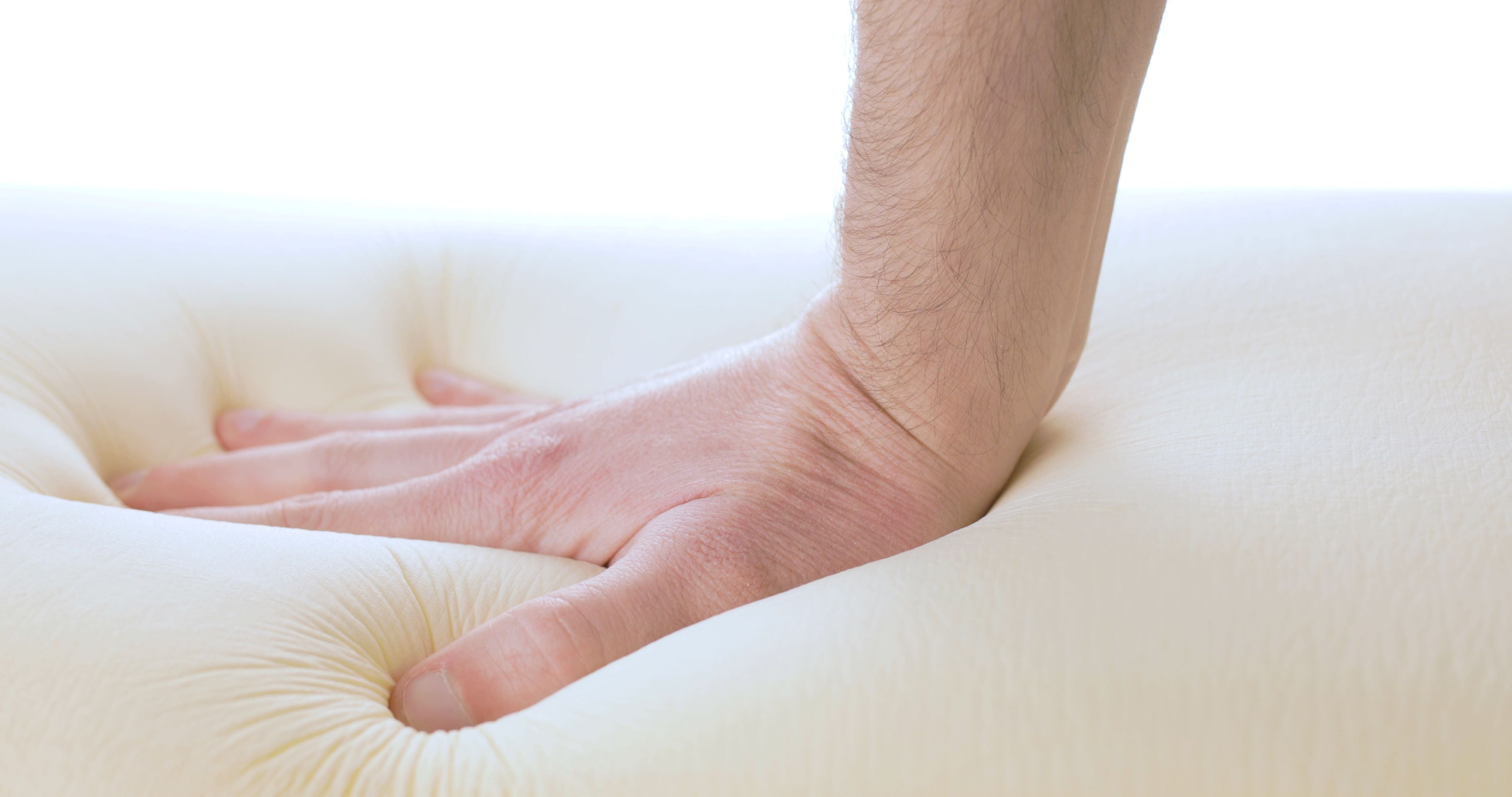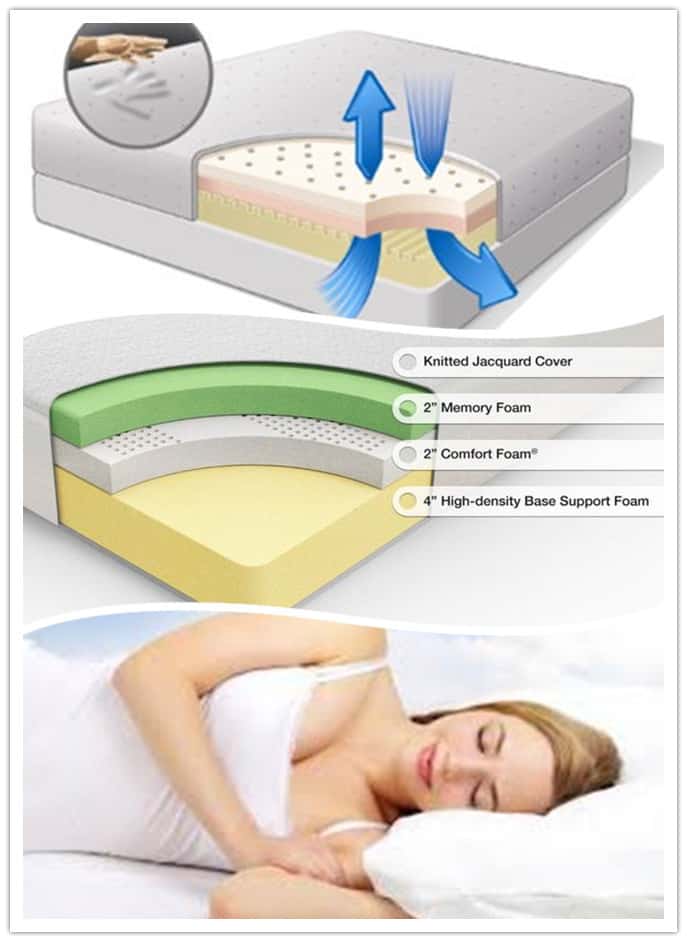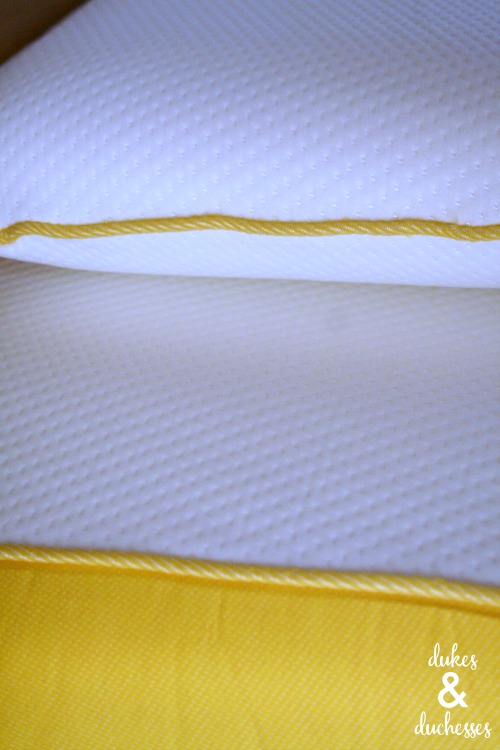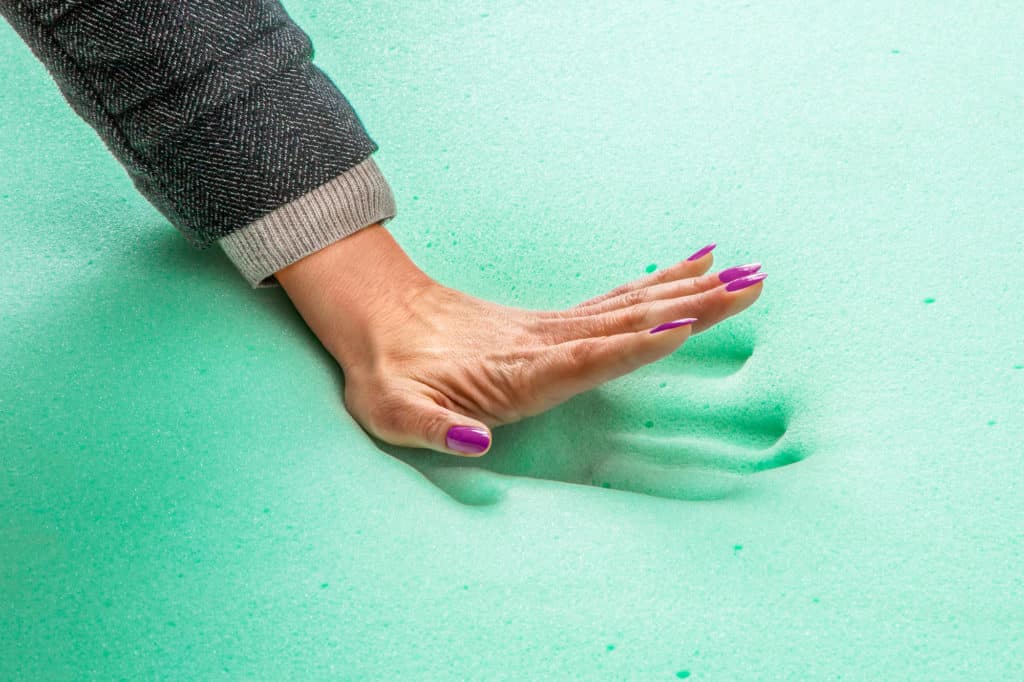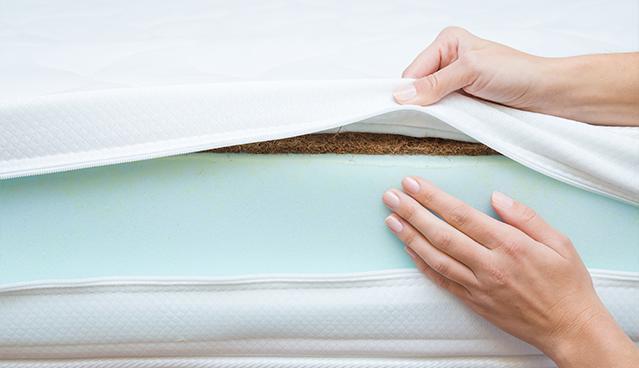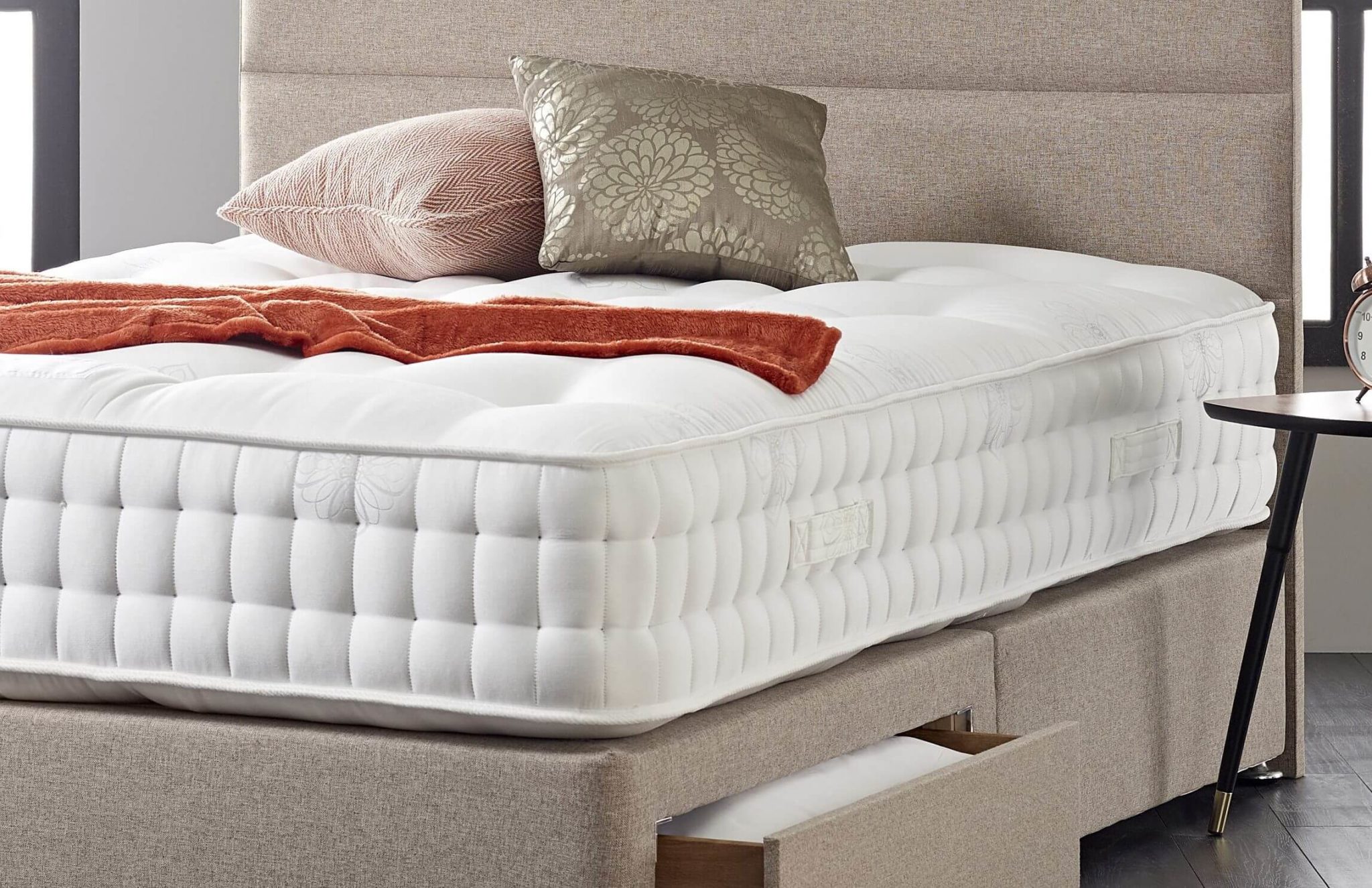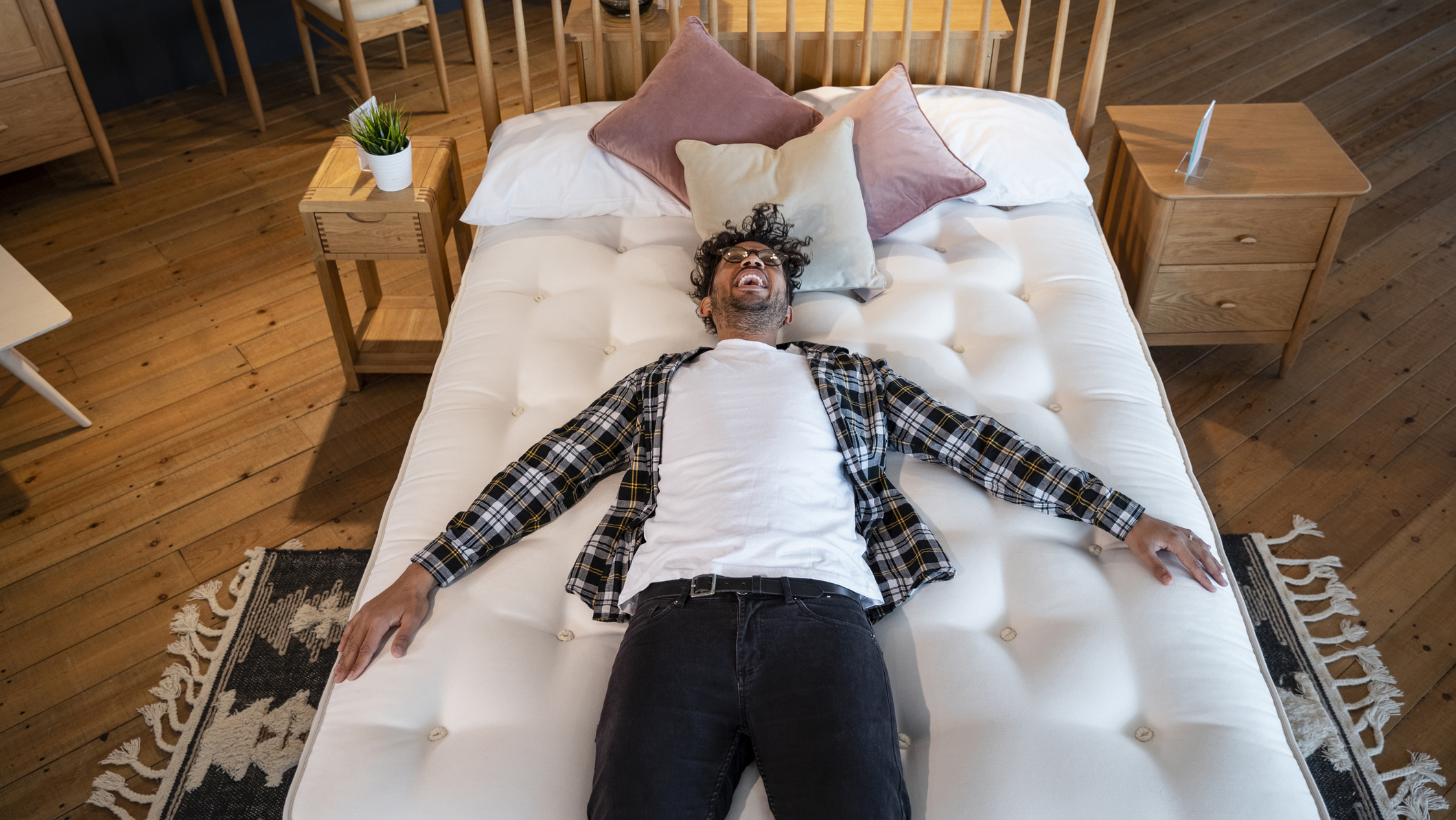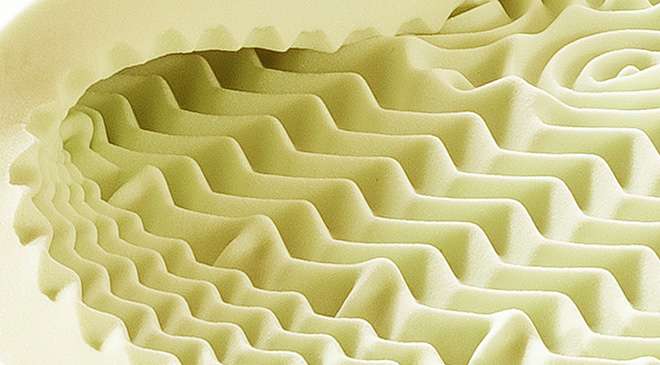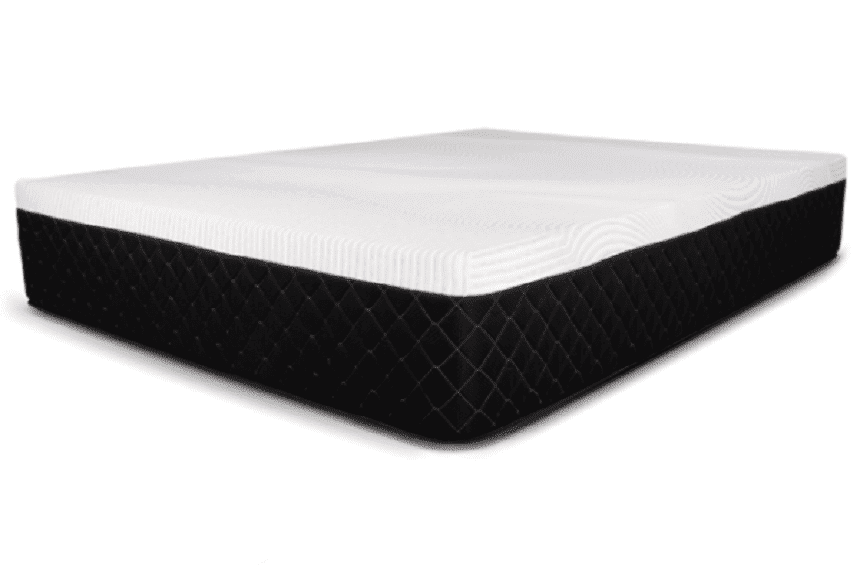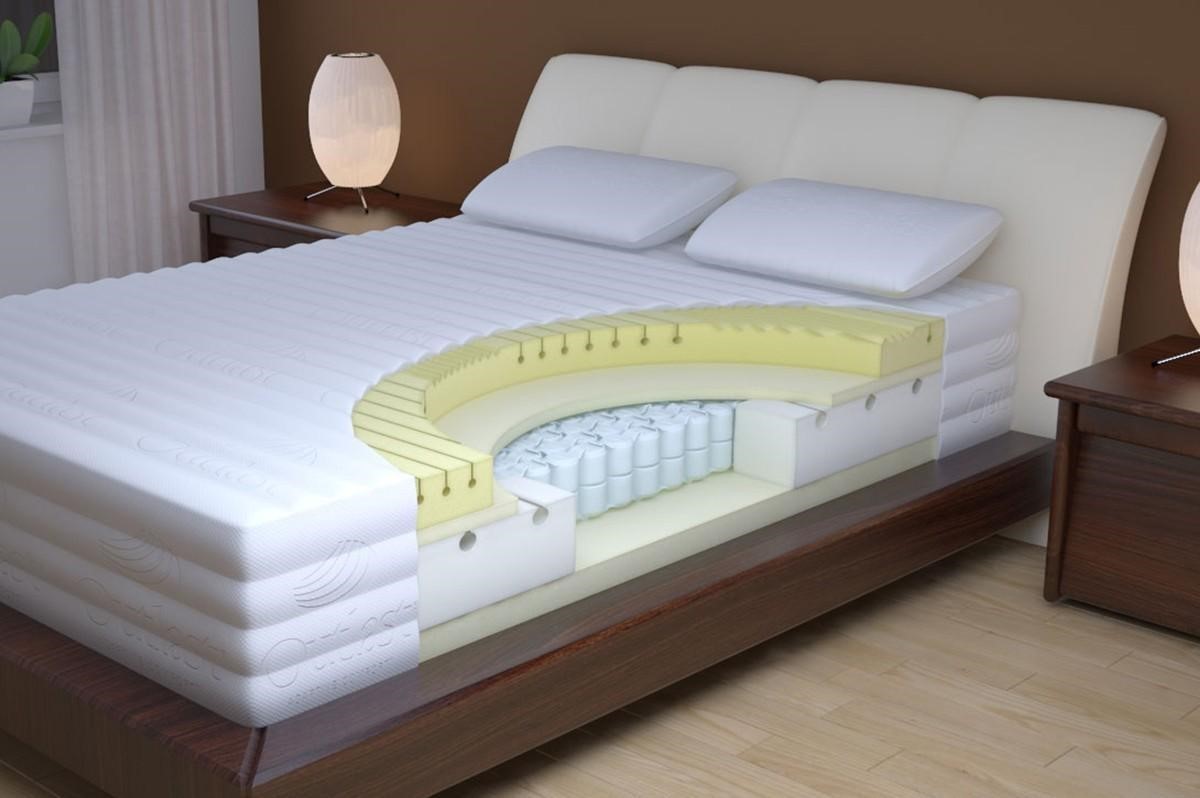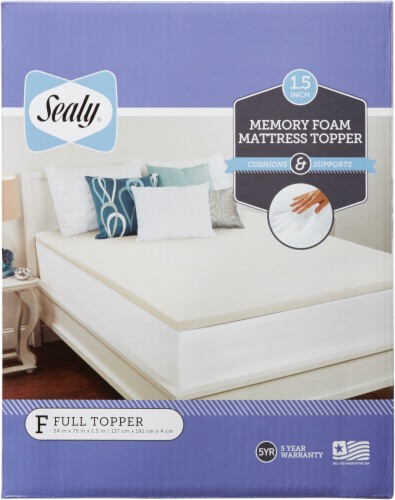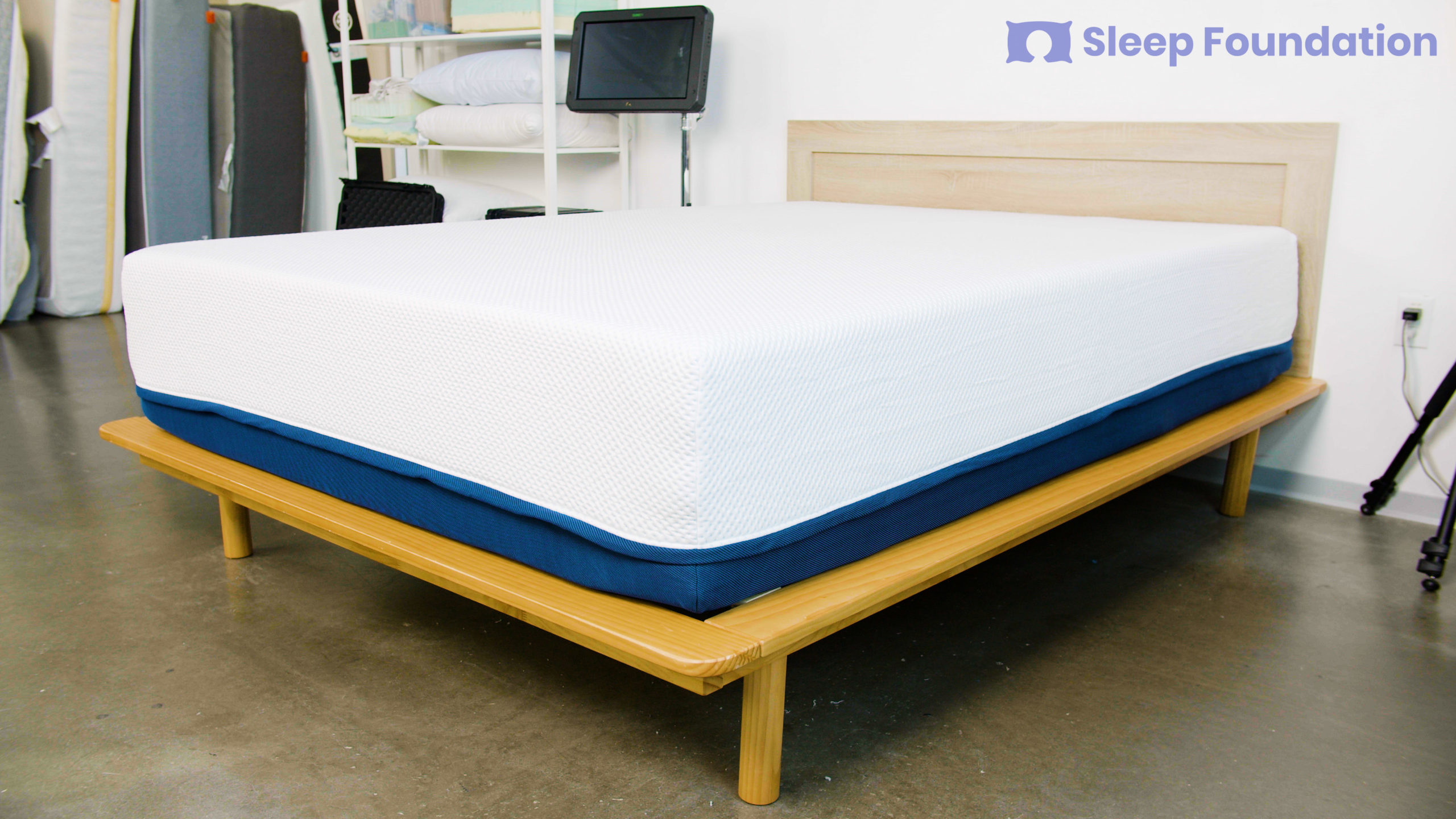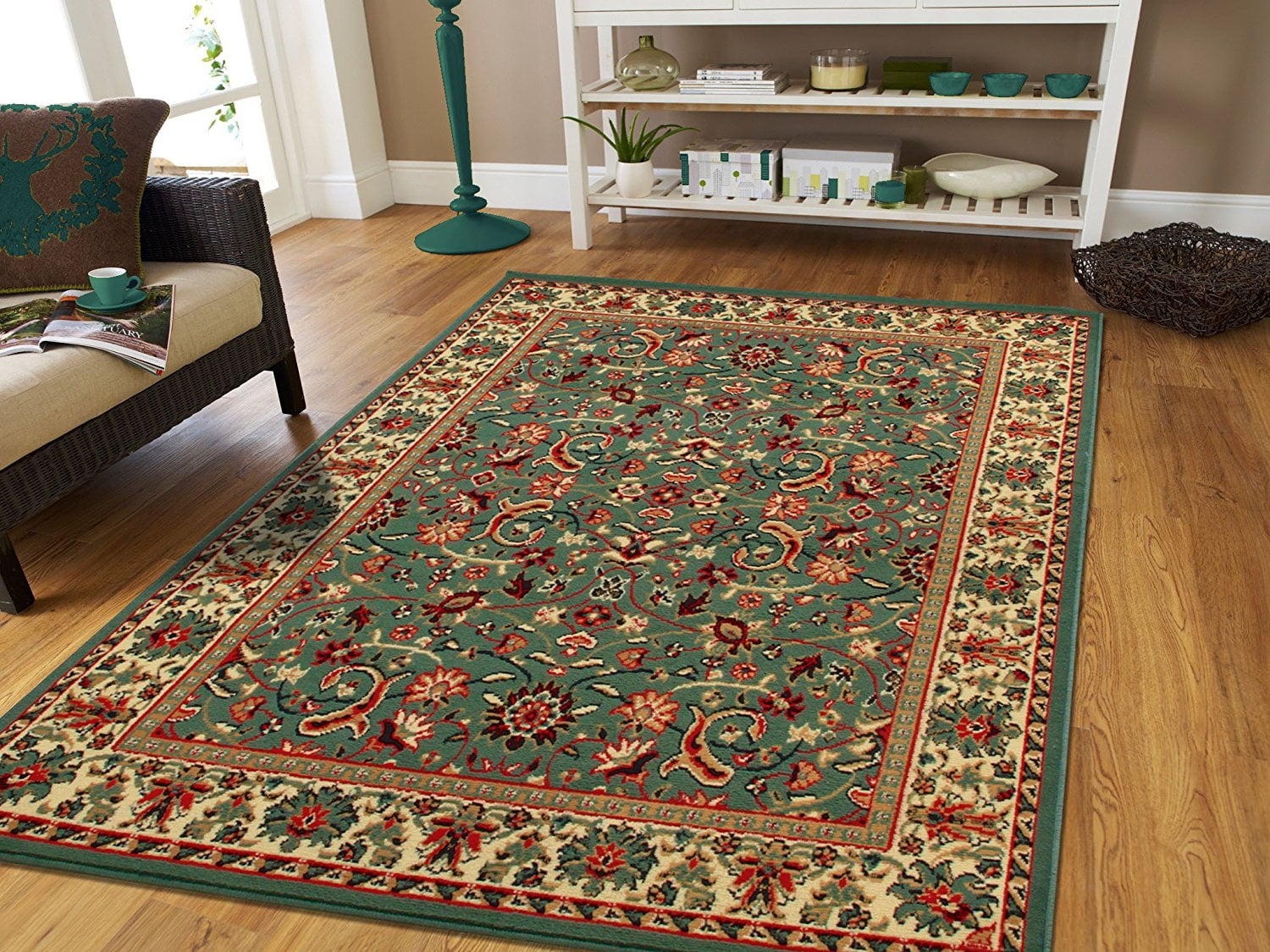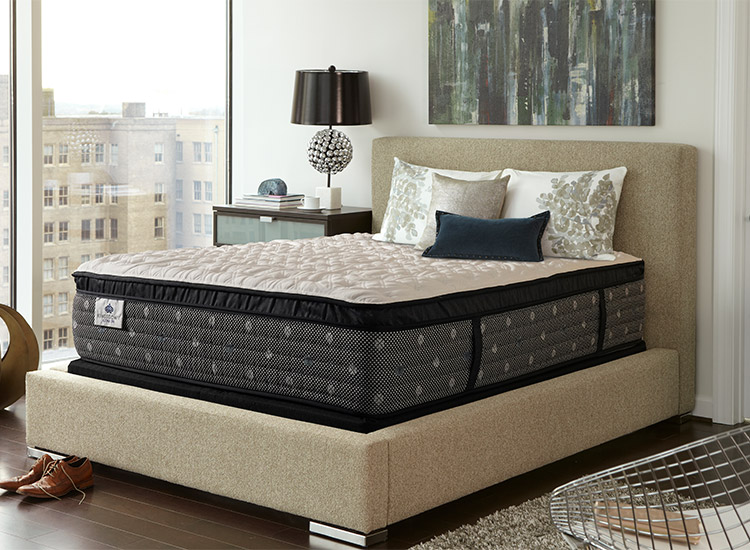FAQs about Memory Foam Mattresses
Welcome to our guide on the top 10 most frequently asked questions about memory foam mattresses. If you're considering purchasing a memory foam mattress, you probably have some questions about its benefits, features, and maintenance. We've compiled a list of the most common questions and provided answers to help you make an informed decision. Let's dive in!
What is a Memory Foam Mattress?
A memory foam mattress is a type of mattress that is made from viscoelastic foam, a material that molds to the body's shape and responds to heat and pressure. This type of mattress was originally developed by NASA in the 1970s to improve seat cushioning and crash protection for astronauts. It has since been adapted for consumer use and has become increasingly popular due to its comfort and support.
What are the Benefits of a Memory Foam Mattress?
Memory foam mattresses have several benefits, including pressure point relief, motion isolation, and contouring support. They are also hypoallergenic and resistant to dust mites, making them a great option for those with allergies. Additionally, memory foam mattresses can help improve spinal alignment and alleviate back pain.
How Thick Should a Memory Foam Mattress Be?
The thickness of a memory foam mattress can vary, but the average thickness for a comfortable and supportive mattress is between 8-12 inches. The thicker the mattress, the more layers it will have, providing more support and comfort. However, the thickness also depends on personal preference and body weight.
Do Memory Foam Mattresses Sleep Hot?
One of the main concerns with memory foam mattresses is that they may sleep hot. However, many newer models now have cooling properties, such as gel-infused foam or open-cell construction, to regulate body heat and keep you cool throughout the night. It's essential to look for these features when purchasing a memory foam mattress if you tend to sleep hot.
How Long Do Memory Foam Mattresses Last?
The lifespan of a memory foam mattress can vary depending on the quality and care. On average, a memory foam mattress can last between 8-10 years. However, some models can last up to 15 years with proper maintenance. It's essential to rotate your mattress regularly and use a mattress protector to extend its lifespan.
Can You Use a Box Spring with a Memory Foam Mattress?
Yes, you can use a box spring with a memory foam mattress. However, it's not necessary, as memory foam mattresses do not require the same support as traditional innerspring mattresses. You can also use a platform bed, slatted bed frame, or even place the mattress directly on the floor.
How Do You Clean a Memory Foam Mattress?
To clean a memory foam mattress, you can spot clean any stains with a mild detergent and water. Avoid using harsh chemicals or bleach, as they can damage the foam. It's also essential to regularly vacuum your mattress to remove any dust or debris. If possible, use a mattress cover to protect your mattress from spills and stains.
Do I Need to Rotate a Memory Foam Mattress?
It's recommended to rotate your memory foam mattress every 3-6 months to prevent uneven wear and sagging. However, some newer models may not require rotation due to their construction and materials. Check with the manufacturer's guidelines to see if your mattress needs to be rotated.
Can You Use a Heating Pad on a Memory Foam Mattress?
Yes, you can use a heating pad on a memory foam mattress. However, it's essential to use caution and avoid setting the pad on high heat. High temperatures can damage the foam and affect the mattress's overall comfort and support. It's best to use a low or medium heat setting and avoid leaving the pad on for an extended period.
What Makes Memory Foam Mattresses a Good Choice for Your Home?

Support and Comfort
 One of the main reasons why
memory foam mattresses
have gained popularity in recent years is their ability to provide excellent support and comfort. Unlike traditional spring mattresses,
memory foam
molds to the contours of your body, offering customized support and pressure relief. This makes it a great choice for people with back pain, as it helps to alleviate pressure points and maintain proper spinal alignment. With a
memory foam mattress
, you can say goodbye to tossing and turning all night and wake up feeling well-rested and rejuvenated.
One of the main reasons why
memory foam mattresses
have gained popularity in recent years is their ability to provide excellent support and comfort. Unlike traditional spring mattresses,
memory foam
molds to the contours of your body, offering customized support and pressure relief. This makes it a great choice for people with back pain, as it helps to alleviate pressure points and maintain proper spinal alignment. With a
memory foam mattress
, you can say goodbye to tossing and turning all night and wake up feeling well-rested and rejuvenated.
Durability and Longevity
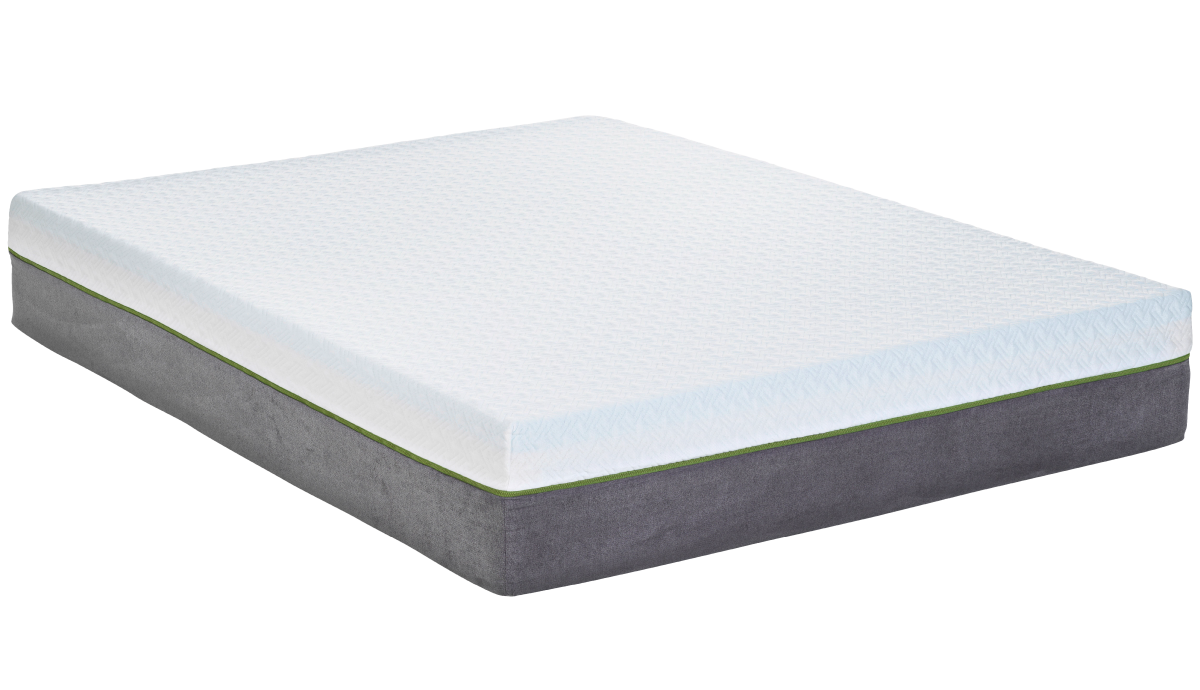 When investing in a new mattress for your home, you want to make sure it will last for years to come. This is where
memory foam mattresses
excel. Due to their dense and high-quality foam, they are more durable and long-lasting than traditional mattresses. This means you won't have to replace your mattress as often, saving you money in the long run. Plus,
memory foam
is naturally resistant to dust mites and other allergens, making it a good choice for those with allergies.
When investing in a new mattress for your home, you want to make sure it will last for years to come. This is where
memory foam mattresses
excel. Due to their dense and high-quality foam, they are more durable and long-lasting than traditional mattresses. This means you won't have to replace your mattress as often, saving you money in the long run. Plus,
memory foam
is naturally resistant to dust mites and other allergens, making it a good choice for those with allergies.
Motion Isolation
 If you share your bed with a partner or pet, you know how disruptive their movements can be to your sleep. With a
memory foam mattress
, you won't have to worry about this issue. The foam absorbs motion, so you won't feel your partner tossing and turning throughout the night. This is especially beneficial for light sleepers who are easily disturbed by movement.
If you share your bed with a partner or pet, you know how disruptive their movements can be to your sleep. With a
memory foam mattress
, you won't have to worry about this issue. The foam absorbs motion, so you won't feel your partner tossing and turning throughout the night. This is especially beneficial for light sleepers who are easily disturbed by movement.
Temperature Regulation
 One of the common misconceptions about
memory foam mattresses
is that they sleep hot. However, with advancements in technology, many
memory foam
mattresses now come with cooling properties. They are designed to regulate your body temperature, keeping you cool and comfortable throughout the night. This is great news for those who tend to get hot during sleep or live in warmer climates.
In conclusion,
memory foam mattresses
are an excellent choice for any home. They offer unparalleled support and comfort, are durable and long-lasting, and come with additional features such as motion isolation and temperature regulation. If you want to invest in a good night's sleep, consider upgrading to a
memory foam mattress
for your home. With its numerous benefits, you won't be disappointed.
One of the common misconceptions about
memory foam mattresses
is that they sleep hot. However, with advancements in technology, many
memory foam
mattresses now come with cooling properties. They are designed to regulate your body temperature, keeping you cool and comfortable throughout the night. This is great news for those who tend to get hot during sleep or live in warmer climates.
In conclusion,
memory foam mattresses
are an excellent choice for any home. They offer unparalleled support and comfort, are durable and long-lasting, and come with additional features such as motion isolation and temperature regulation. If you want to invest in a good night's sleep, consider upgrading to a
memory foam mattress
for your home. With its numerous benefits, you won't be disappointed.



